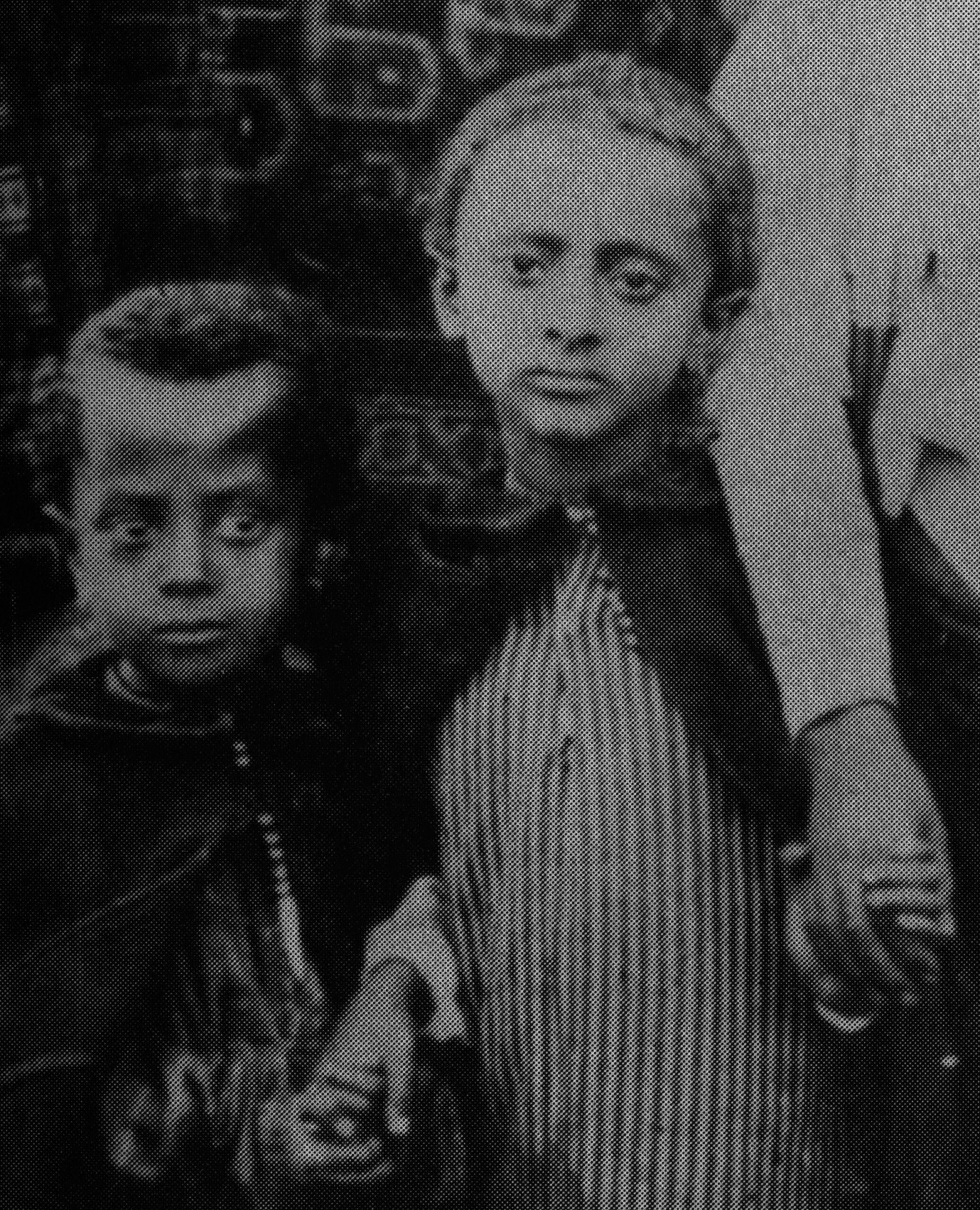
“My first memories of the Ethiopian emperor take me back to my childhood, in 1956. I was eight years old at the time and had come down with mumps, which stubbornly refused to clear up even after treatment with a course of drugs. The doctors in the Haile Selassie Hospital in Addis Ababa decided to operate on me, removing parts of my parotid gland that had become infected. To this day, I can clearly remember this procedure: being anaesthetised with ether and the intense nausea that subsequently overcame me. But above all I recall the moment when I woke up from the anaesthetic: as I slowly came to, the first person my gaze focused upon was none than the Negusa Negast, the King of Kings. He was wearing his field marshal’s uniform, over which he had draped his kabba, the traditional cloak of the Ethiopian nobility. Next to him stood my grandfather Ras Kassa and my father Ras Asserate, both looking worried. The emperor laid his hand on my forehead and said: ‘Now wait just a moment, my boy, and there will be ice cream as a treat !’. Saying this, he took his leave in French of Professor Leutze, the hospital’s German clinical director, and of the German surgeon who had performed the operation, thanking them for their splendid work. I later learned that the doctor who had operated on me was given a gold coin in gratitude by the emperor, while my parents sent him a set of gold cufflinks. I lived the next few days in a world of make-believe. For a whole week, as I lay in my sick bed, I received daily deliveries of a large Thermos flask, emblazoned with a golden imperial lion and filled with the most diverse and wonderful flavours of ice cream. The delicacies were specially prepared for me from fresh ingredients by the emperor’s Swiss head chef in the nearby Genete-Leul Palace.”
(Taken from “King of Kings”, Asfa-Wossen Asserate, Haus Publishing, 2015 p. xvii)










